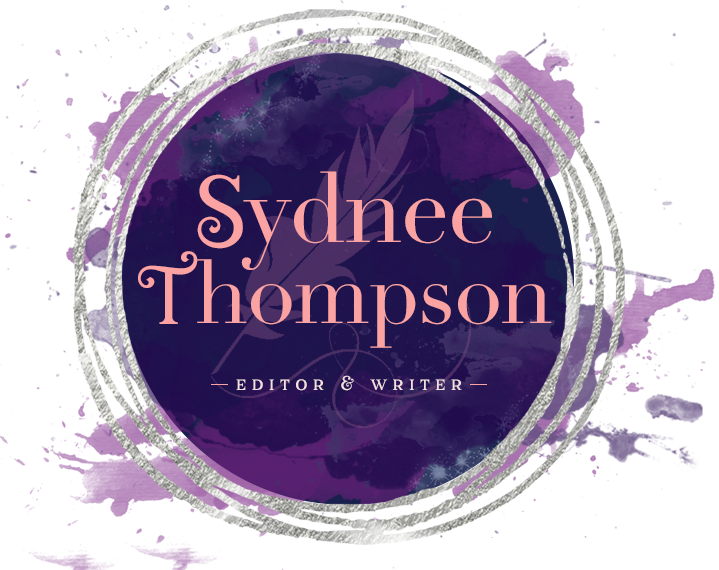If you’ve been on social media at all in the past month, then you’re probably well aware of the #WeNeedDiverseBooks campaign. I have to admit that it was extremely surprising (and humbling!) to see how many readers, writers, and publishing professionals are passionate about this issue and actively working to change things. There have been a lot of people who have discussed why #WeNeedDiverseBooks in detail in blogs or on Twitter, including me.
#WeNeedDiverseBooks because quality representation can often be the difference between life and death.
— Sydnee (@SydneeThompson) April 30, 2014
I read books voraciously and have been ever since I was small. It would be impossible for me to remember, let alone name, even a fraction of those books, but usually if you give me a few things you’re looking for, I can rattle off a few novels in those categories that I enjoyed. I know I’ve read and enjoyed books featuring POC and QUILTBAG protagonists… I just can’t usually name any off the top of my head that aren’t contemporary stories of people dealing with oppression. These stories are important and I don’t want to see them go away, but if you’re someone like me who enjoys those but particularly enjoys fantasy and thrillers… well. It’s kind of an either/or situation. Publishers are basically asking me: Do you want to read a story about magic and adventure, or do you want to read a story about black people? So far, it seems like you can’t have both.
#WeNeedDiverseBooks because after seeing the same sci-fi/fantasy novels over and over… I stopped reading them.
— Sydnee (@SydneeThompson) May 1, 2014
That’s why I’m so glad that people like Ellen Oh, Mike Jung, Kaye M., and the rest of the #WeNeedDiverseBooks team have brought this out into the open. After awhile, if you’re not white, cis, heterosexual, Christian or American I think it’s very easy to give up on the idea of the publishing industry doing better. Because of that, over the years I’ve pretty much thought of diversity in books/media as a game of “Find the Black Guy” (ironically, I’ve found myself doing this at Book Expo America the last three years too, so the fact that this all started because of BookCon was pretty damn perfect to me):
“OMG, the author just described this character as “dark skinned!” Is he… is he black? I don’t know, sometimes white people call themselves dark or olive after a tan, but maybe… oh, no. He’s just Greek. Boo.”
“Why did this white guy just use AAVE? That’s a little… questionable… wait, hold on a minute! It’s a hundred pages into the book and the author just said he’s black! SCORE. That would’ve been nice to mention a hundred pages ago, author person!”
“Hey, this novel is really great, I love thi- Holy crap this book is even better it has two black people and an Asian and none of them are doing drugs this person wins all the points!”
But I hate the notion that diversity in the industry is so abysmal that the simple act of putting one black person in your book (as a supporting character) is worthy of praise, or the fact that it’s considered perfectly OK to set a novel in a city with large non-white populations and not show a single person from those groups. The end result is that POC, and anyone else whose identity isn’t default, never see themselves, and since they don’t, they write themselves out of their stories without even realizing it. I notice this a lot in books – POC writers who have mainly white protagonists because writing anything else would mean not writing at all. And I don’t blame them, because I’ve felt the same pressure, but it’s heartbreaking. We deserve better.
That’s why this campaign has been so important to me – because even though it’s easier to harden your heart and ignore it when the world erases you, nothing gets better that way. Seeing the outpouring of support and dedication has made me want to fight harder, too.
#WeNeedDiverseBooks because there should be no limit to the stories we can tell.




3 Responses to #WeNeedDiverseBooks: Freeing your mind to tell better stories